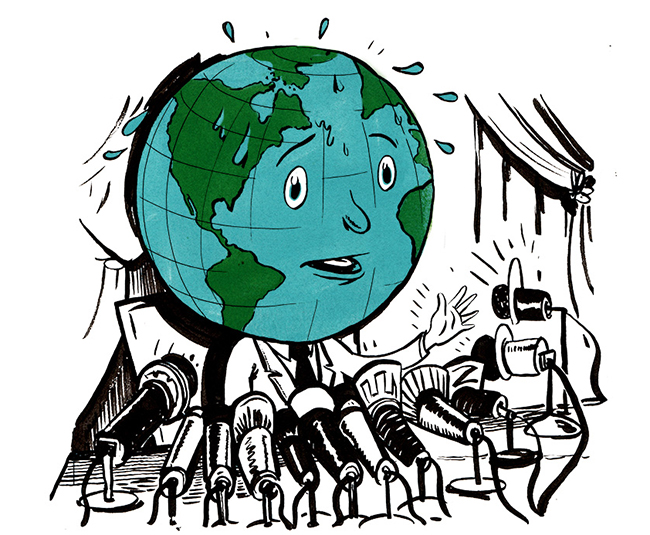ZEITGUIDE TO CUBA

Have you started planning your Cuba getaway?
While U.S. tourists are not yet able to travel to the country freely, all indications are that such restrictions will be changing soon.
When the U.S. launched its economic embargo against Fidel Castro’s communist government in 1962, U.S. President Barack Obama was just 6 months old. After re-establishing relations late last year, Cuba was taken off the list of states that sponsor terrorism. Restrictions have been eased for groups of travelers, including humanitarian workers, athletes, artists, and those with private foundations and institutes. Multiple airlines have started offering direct flights from U.S. cities to Havanaand telecommunications have been reestablished.
The first U.S. and Cuban banks have agreed to form financial links. American credit cards and debit cards don’t yet work on the island, but that should change this year. Americans can wire more money—$2,000 every three months, up from $500—to individual Cubans, and there is no limit on sending money to family members. Remittances make up at least $2 billion a year already flowing into Cuba.
Still, the U.S. embargo on Cuba remains in force. Three representatives have introduced a bill to lift the embargo last week, but it has to pass both houses of Congress. And it will be a big political football.
Former Florida governor and Republican presidential candidate Jeb Bush believes normalizing relations “undermines the quest for a free and democratic Cuba.” Hillary Clinton, meanwhile, called to lift the embargo completely, a position she advanced while secretary of state.
Recent polls show more than 70% of Americans now favor lifting the embargo and normalizing diplomatic relations.
Those steps are starting to feel inevitable. But Frank Mora, director of the Latin-American studies center at Florida International University, notes that there is skepticism and internal resistance … in Cuba.
“The regime is overwhelmed at the moment,” Mora told The New Yorker. “So they are going to go very slowly…. They fear the speed of China’s transition, and Tiananmen Square is their nightmare.”
Until the embargo is lifted, American business investment in the country remains at zero. The Chamber of Commerce crowd is starting to make noise that American companies are being left behind as European hospitality and service companies move in.
“The business community has been against the embargo for quite some time,” Jodi Bond, vice president of the Americas for the International Division at the U.S. Chamber of Commerce, said to USA Today earlier this year. “You’ll be hearing more and more from companies soon.”
Filling the gap? Entrepreneurial Cubans. Airbnb revealed that Cuban hosts have listed more than 2,000 vacation rentals on the Caribbean island.
They’re ready. We’re waiting.
